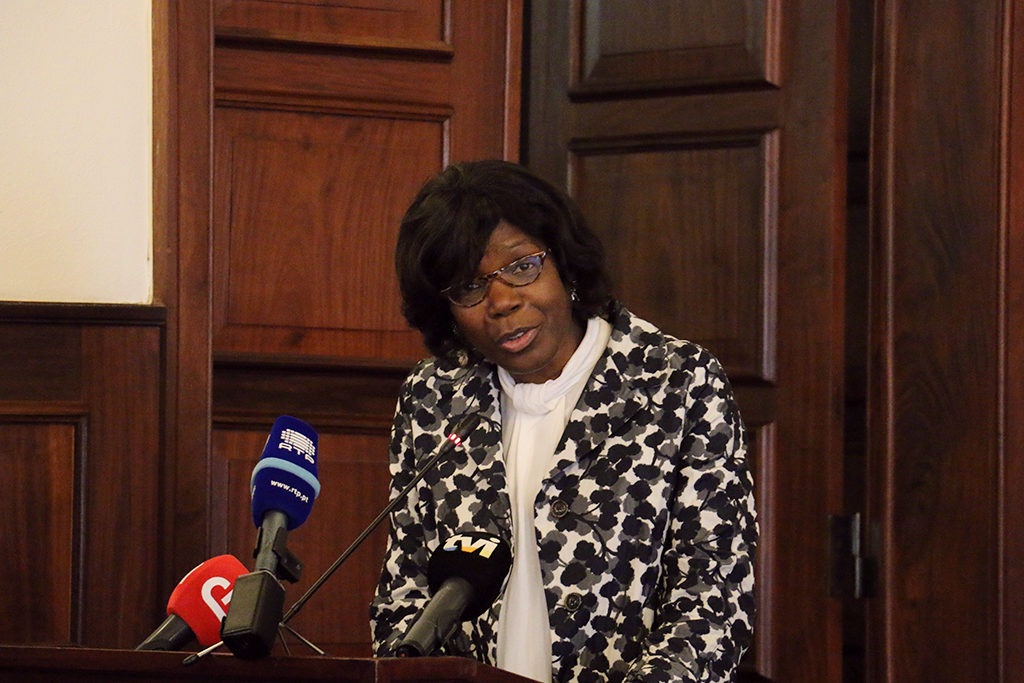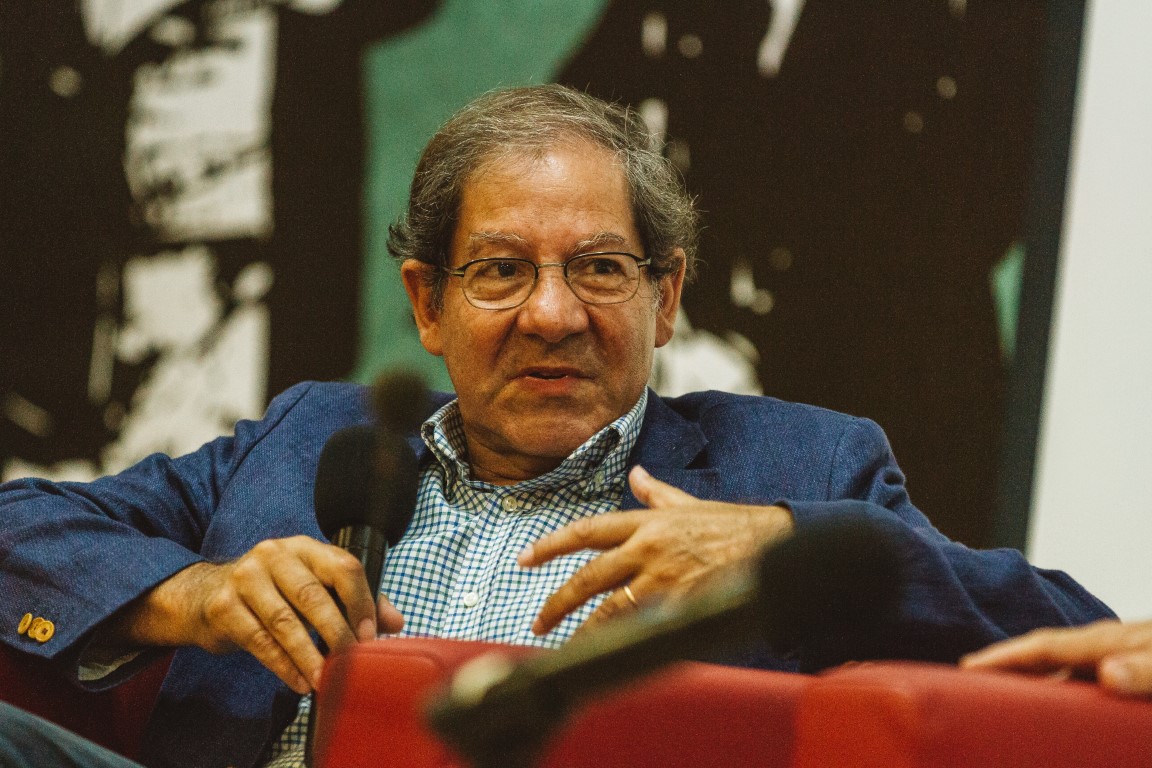Francisca Van Dunem, Minister of Justice, will give a class open to the population, on May 3, as part of the 4th International Literary Festival of Querença (FLIQ).
This class takes place «similar to what happened 30 years ago in the “Free General Studies” (EGL), promoted by the anthropologist Manuel Viegas Guerreiro and the philosopher Agostinho da Silva», explains the Manuel Viegas Guerreiro Foundation, organizer of the FLIQ, which, this year, it takes place on the 3rd, 4th and 5th of May, in Querença.
A lesson will be preceded by a brief contextualization by the director of the Center for Judicial Studies João Miguel, born in Querença.
The EGL were created by the Foundation's patron, alongside professor and friend Agostinho da Silva, in order to bring knowledge and discussion of topics to the general population, beyond the walls of academic institutions, a motto that FLIQ – a festival is not commercial and free access, in the municipality of Loulé – also profiles.
The first day will also feature a round table entitled “Free General Studies in the XNUMXth century. XXI", participated by geographer João Ferrão, geographer and former director of the IGOT-Lucinda Fonseca Institute of Geography and Planning, linked to the EGL, and by other personalities invited to think about public education, such as the regional director of Culture of the Algarve Adriana Nogueira and jurist Alberto Melo.
The launch of a book by Francisco Melo Ferreira and the screening of a documentary about EGL, with interventions by José Barata Moura, Viriato Soromenho-Marques, António Borges Coelho, Fernando Mão de Ferro, Joaquim Cerqueira Gonçalves, Cláudio Torres and Teresa Rita Lopes, complete the program for that day.
This year, FLIQ honors the Algarve writer, essayist and professor Nuno Júdice, one of the most significant poetic voices in Portuguese literature since the 70s.
In addition to the many literary prizes he has won, including the “Premio Reina Sofía de Poesía Iberoamericana”, Nuno Júdice was made, in 1992, Officer of the Military Order of Sant'lago da Espada and, on June 10, 2013, elevated to Grand Officer of the same order.
On the last day, the sub-theme “Books, Readings & Readers” points to the issues of reading habits, the creation of new readers and the importance of children's literature, bringing dozens of researchers, writers, teachers, librarians and interested parties to the village of Querença for the Word and for the Book as the maximum expression of Citizenship and Freedom.
There will be, on a permanent basis, a Book Fair, with representation of works by the present authors, music, readings, exhibitions, autograph sessions, picnics, socializing and various dialogues.
The Festival has the support of the Regional Directorate of Culture of the Algarve, the Municipality of Loulé and the Union of Parishes of Querença, Tôr and Benafim. Since 2017, the RDP/RTP are media partners of the FLIQ.
Biography of Nuno Júdice:
Born in Mexilhoeira Grande (Portimão), in 1949, he graduated in Romance Philology at the Faculty of Arts of Lisbon.
He was an Associate Professor at Universidade Nova de Lisboa, where he received his doctorate in 1989 with a thesis on “The space of the short story in the medieval text” (Vega, 1991).
Among others, he edited the «Sonetos» by Antero de Quental (IN-CM, 1994), the «Cancioneiro» by D. Dinis (Teorema, 1998) and the «Tragic Misfortunes of Constante Florinda» by Gaspar Pires Rebelo (Teorema , 2005).
He has published several essay books, of which “A Journey of Words”, Colibri, 2005, “The Narrative Phenomenon”, Colibri, 2005, “Abc dacritique”, Don Quixote, 2010.
He held the functions of Cultural Adviser at the Embassy of Portugal and Director of the Instituto Camões, in Paris, from the end of 1997 to the beginning of 2004.
Since January 2009 he has been the director of the magazine «Colóquio-Letras» of the Calouste Gulbenkian Foundation. Poet and fiction writer, he currently has his work published in Dom Quixote Publications.
It is represented in numerous anthologies and has been translated into several languages.
Of the many awards received, the Reina Sofia Prize for Ibero-American poetry stands out for her poetic work in 2013.



















Comments